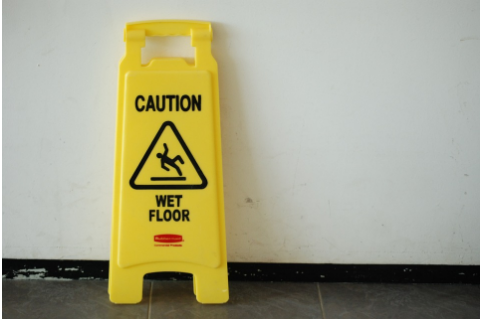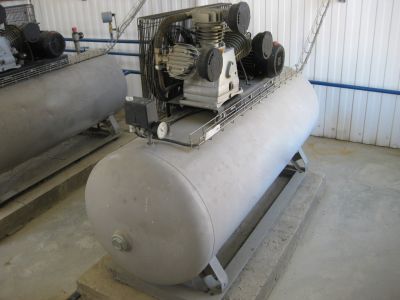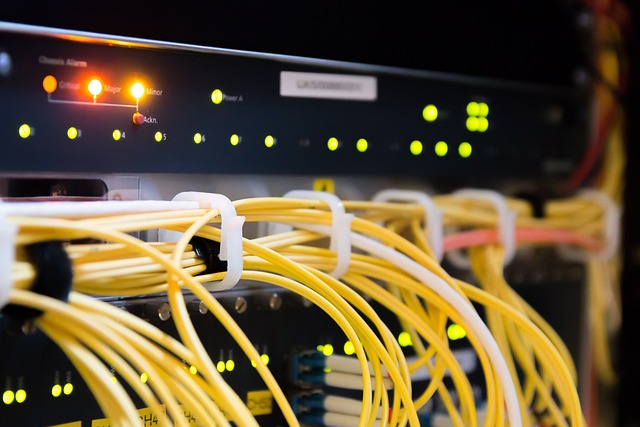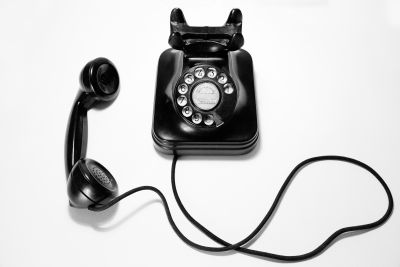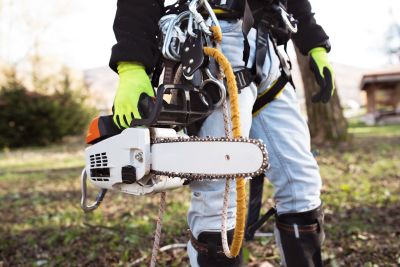Can a Circuit Breaker Go Bad?
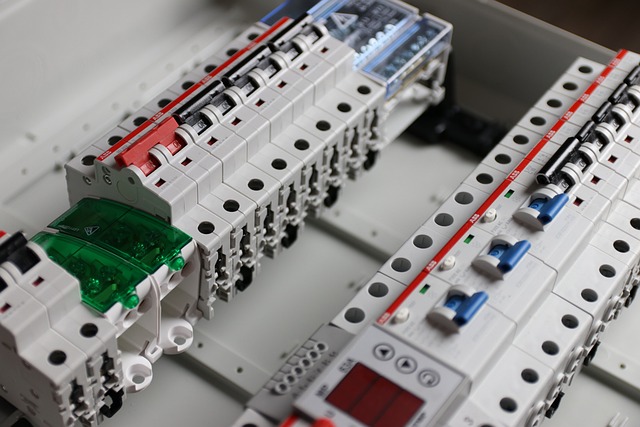
There are certain things in your home you rely on in order to keep you safe. One of those things is a circuit breaker. It’s designed to recognize an electrical fault or a dangerous power surge and cut off the supply to protect you and your home from a potential safety hazard.
When looking for square d 50 amp breaker, for instance, it pays to go for a quality breaker that will do the job it’s intended for and is unlikely to let you down in an emergency situation.
You can never take electrical safety too seriously. That’s why it’s best to fit good quality breakers. But what is the possibility of a circuit breaker going bad?
Understanding what your circuit breaker is intended to do
Before taking a look at what could cause a circuit breaker to fail it would be a good idea to get a clear idea of exactly what a breaker is designed to do.
All electrical circuits are protected from the threat of extreme electricity currents through the use of a circuit breaker.
In simple terms, a circuit breaker is an automatic switch that switches off the flow of the electric supply to a circuit when it detects a fault. If you get a dual fault circuit breaker you can also be protected from ground fault and arc fault interruptions.
It makes sense to fit a circuit breaker that covers all potentially dangerous scenarios so that you have maximum protection against the chance of getting a shock or a fire developing.
What can cause a circuit breaker to fail?
One of the most common reasons for a circuit breaker to fail is when the circuit is overloaded.
Each circuit breaker is designed to cope with a certain level of voltage and amps.
If you attempt to exceed the maximum load of the breaker this will create an overload and the breaker will trip. You always need to ensure that you have a circuit breaker that has the correct tolerance level for the circuit it is being used to protect.
A qualified electrician will use calculations to ensure that each circuit breaker is up to the task of protecting a circuit with the right level of amp and volt tolerance.
Short circuits are a common reason for circuit breaker failure
Probably the number one reason why a circuit breaker will fail is due to a short circuit.
A short circuit is when the current manages to find a shortcut from live or hot to neutral. This means the current is bypassing the load. The short circuit draws a considerable level of current, which immediately causes the breaker to trip.
The circuit breaker is actually doing its job by tripping in order to avoid potential damage to wiring and electrical equipment.
It is also feasible that a circuit breaker can be impacted by a loose connection or faulty wiring.
A good quality circuit breaker is designed to provide you with the best possible protection. There are still situations where the circuit will overload or develop a fault.
A qualified electrician will always be able to help fix your wiring problems, and that’s the best course of action. Buying a decent-quality circuit breaker will also help improve your electrical safety profile.

